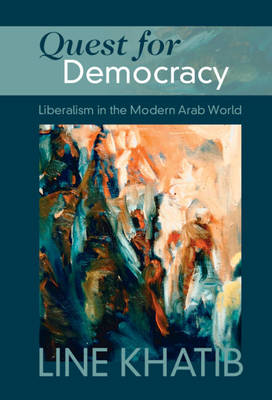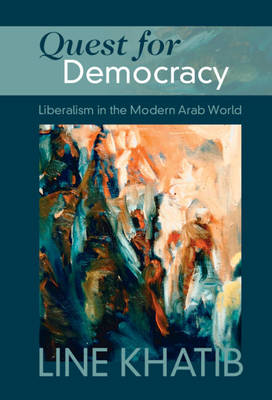
- Afhalen na 1 uur in een winkel met voorraad
- Gratis thuislevering in België vanaf € 30
- Ruim aanbod met 7 miljoen producten
- Afhalen na 1 uur in een winkel met voorraad
- Gratis thuislevering in België vanaf € 30
- Ruim aanbod met 7 miljoen producten
Zoeken
€ 151,45
+ 302 punten
Uitvoering
Omschrijving
Since the uprisings of 2010 and 2011, it has often been assumed that the politics of the Arab-speaking world is dominated, and will continue to be dominated, by orthodox Islamic thought and authoritarian politics. Challenging these assumptions, Line Khatib explores the current liberal movement in the region, examining its activists and intellectuals, their work, and the strengths and weaknesses of the movement as a whole. By investigating the underground and overlooked actors and activists of liberal activism, Khatib problematizes the ways in which Arab liberalism has been dismissed as an insignificant sociopolitical force, or a mere reaction to Western formulations of liberal politics. Instead, she demonstrates how Arab liberalism is a homegrown phenomenon that has influenced the politics of the region since the nineteenth century. Shedding new light on an understudied movement, Khatib provokes a re-evaluation of the existing literature and offers new ways of conceptualizing the future of liberalism and democracy in the modern Arab world.
Specificaties
Betrokkenen
- Auteur(s):
- Uitgeverij:
Inhoud
- Aantal bladzijden:
- 288
- Taal:
- Engels
Eigenschappen
- Productcode (EAN):
- 9781108482813
- Verschijningsdatum:
- 3/11/2022
- Uitvoering:
- Hardcover
- Formaat:
- Genaaid
- Afmetingen:
- 152 mm x 229 mm
- Gewicht:
- 498 g

Alleen bij Standaard Boekhandel
+ 302 punten op je klantenkaart van Standaard Boekhandel
Beoordelingen
We publiceren alleen reviews die voldoen aan de voorwaarden voor reviews. Bekijk onze voorwaarden voor reviews.











